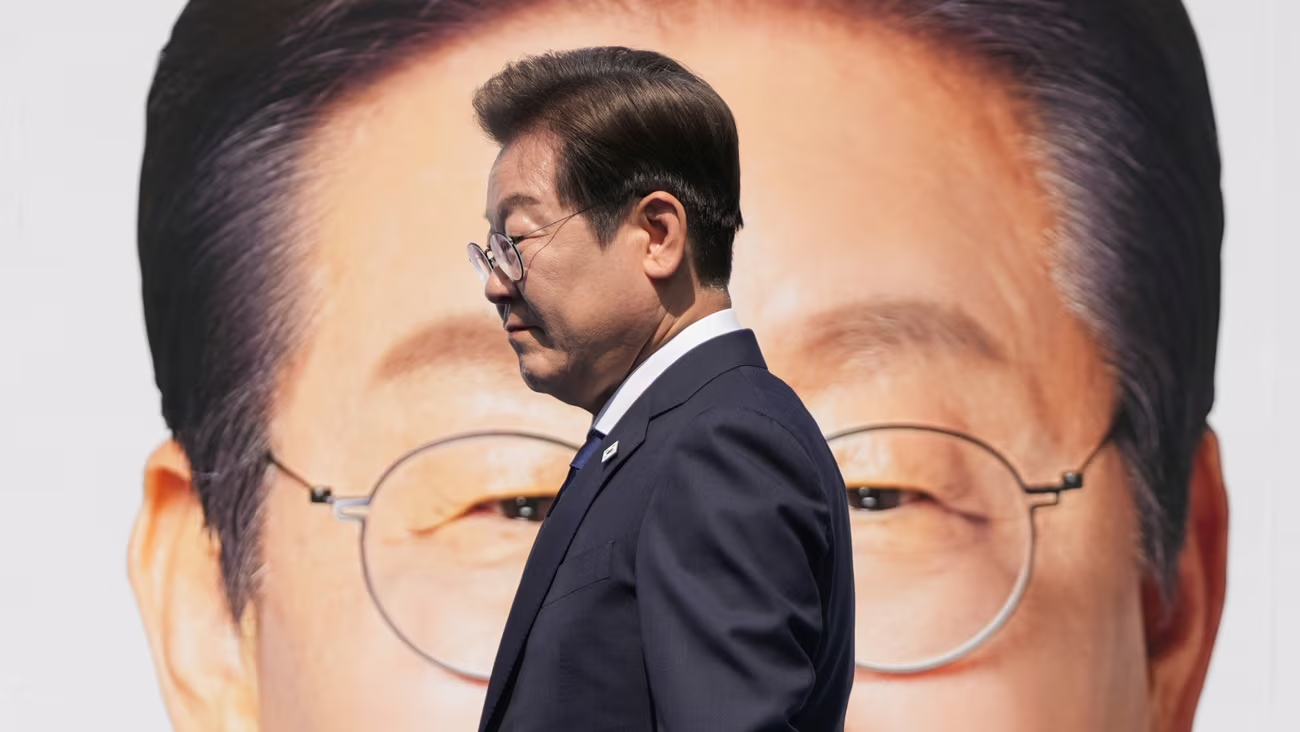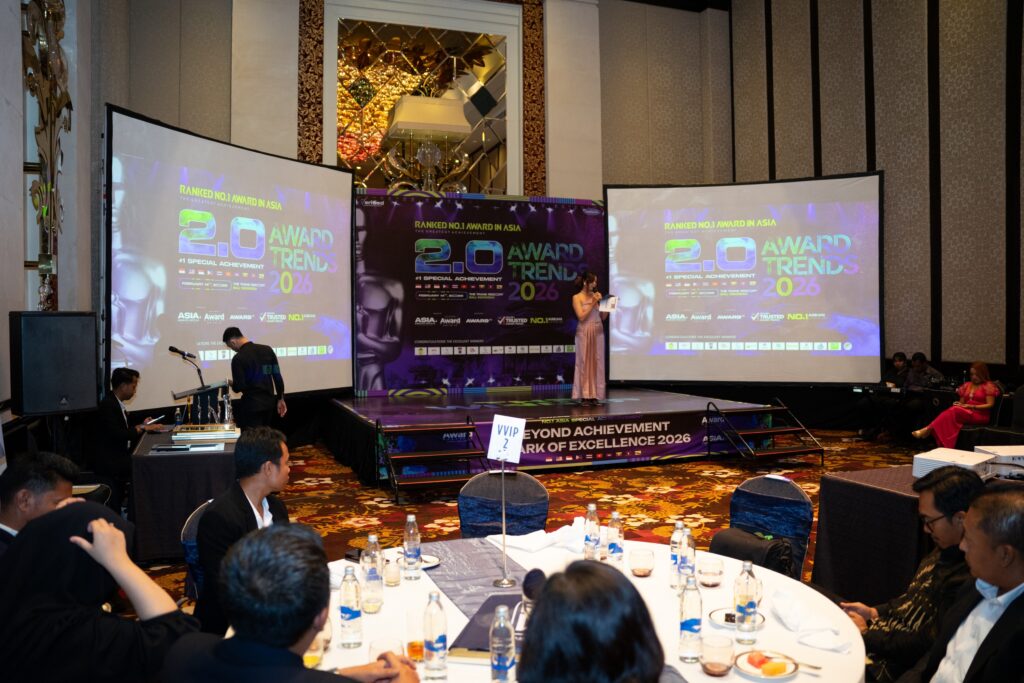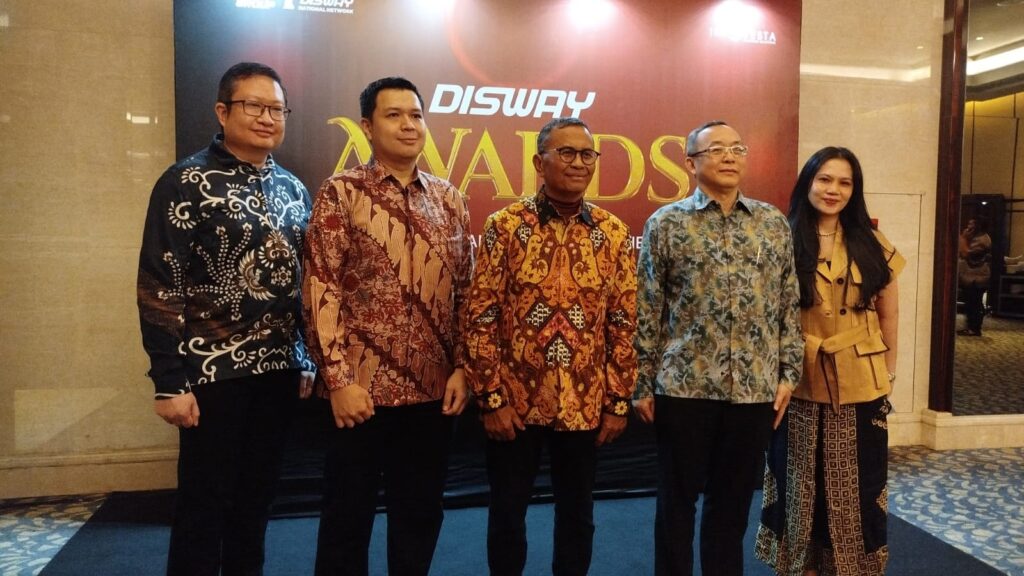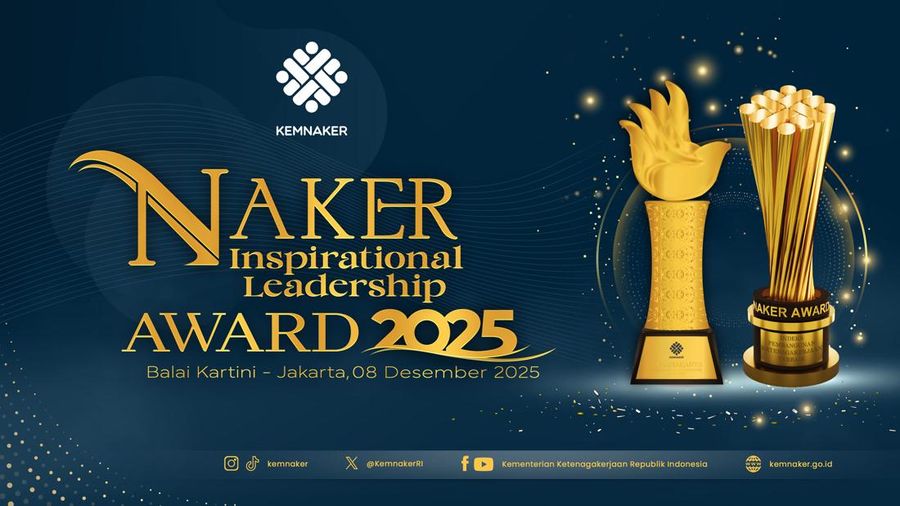Seoul – After months of political turbulence following the impeachment of President Yoon Suk Yeol, South Korea has entered a new phase of transition—one focused on economic recovery, policy clarity, and leadership stability. With less than three weeks until the 3 June election, the business and investment community is closely monitoring the trajectory of both candidates amid concerns over governance and global trade alignment.
The shift in tone is significant. Just six months ago, South Korea faced an unprecedented constitutional crisis after Yoon declared martial law—triggering his swift removal from office and subsequent criminal trial for insurrection. Now, the political conversation is pivoting toward the economy: high youth unemployment, an ageing society, and the effects of global tariff wars have pushed fiscal priorities to the forefront.
Former labor minister and conservative candidate Kim Moon-soo is now leading the charge for the ruling People Power Party, while opposition frontrunner Lee Jae-myung of the Democratic Party returns with a strong polling advantage after his narrow 2022 defeat. Both have centered their platforms on revitalizing the economy, though with vastly different policy approaches.
Kim has promised to create a more business-friendly environment, prioritize job creation, and negotiate a tariff resolution with the United States if elected. His stance on North Korea is uncompromising, pledging a hardline diplomatic approach. Lee, by contrast, is promoting growth through AI innovation, Korea’s creative industries, and expanded family welfare incentives—including tax breaks for married couples.
The stakes are high for regional trade partners and corporate stakeholders. Amid weakened consumer confidence and disrupted supply chains, multinational firms are watching closely for signals of policy continuity, fiscal stimulus, and institutional restoration. South Korea’s role as a hub for semiconductor exports and advanced manufacturing makes leadership stability critical to long-term regional competitiveness.
While both candidates have faced legal and internal party challenges—Lee with ongoing court cases, Kim with internal nomination disputes—the election is seen as an opportunity to reset investor confidence and rebuild trust in state institutions.
As noted by a recent Korea Herald editorial, “The next president will inherit more than a fractured government. They will inherit the responsibility to restore institutional trust, re-anchor the economy, and navigate an increasingly volatile global order.”
For the region’s strategic and corporate sectors, June’s vote may mark not just a political transition, but a new chapter in South Korea’s role in shaping economic resilience across Asia.






